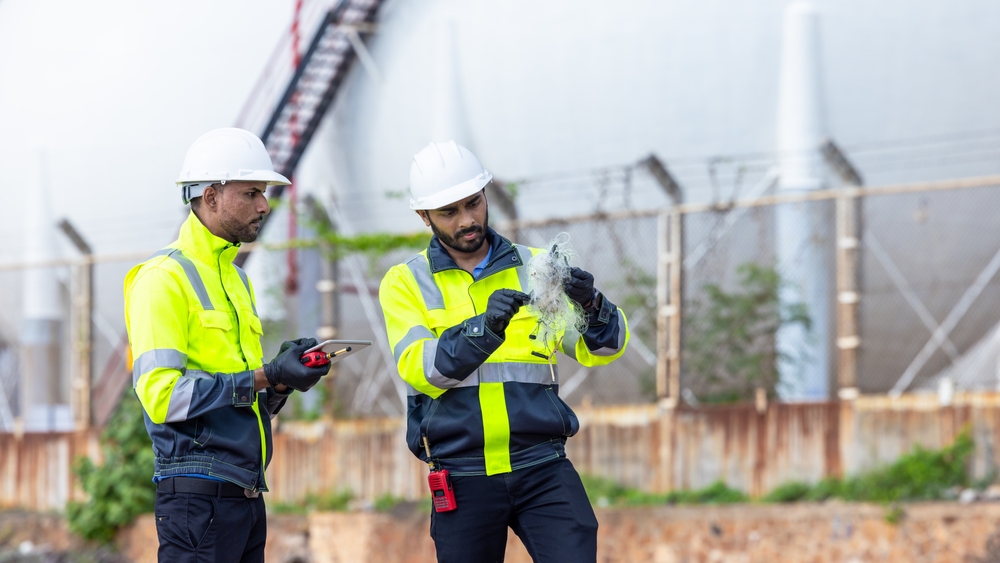How SaaS Solutions Are Transforming Chemical Safety and Waste Management The chemical industry plays a critical role in modern life, driving innovation …

Building a Skilled Workforce for Greener Mills
The textile industry’s future is sustainable production, and skilled labor is the core of that change. With mills adopting cleaner technologies, green material, and ESG practices, the workforce training and empowerment take center stage. Without a skilled workforce, even the most effective sustainability programs fail.
At POSITIIVPLUS, we offer ESG-centric training solutions and tools that enable textile mills to get their workforce ready for greener, more sustainable operations. This blog discusses the why and how of workforce development and how mills can develop a skilled workforce to meet their sustainability objectives.
Why Workforce Development is Important in Sustainable Textile Manufacturing
- Adjusting to New Technologies
State-of-the-art mills employ digital monitoring, automation, and energy-efficient equipment. Trained operators are required to run, service, and fine-tune them.
- Ensuring ESG Compliance
Staff need to be aware of world-wide ESG norms, safety protocols, and sustainability operations for ongoing compliance and brand image.
- Boosting Operational Efficiency
Trained staff minimize waste, reduce downtime, and maximize processes, directly impacting greener production.
- Supporting Circular Practices
From recycling of fabric waste to minimized water usage, experienced employees can make sustainable practices effective. Major Strategies for Establishing a Experienced Workforce in Greener Mills
- Thorough Training Programs
Offer periodic training in energy efficiency, waste minimization, and eco-friendly production processes.
- Digital Learning Platforms
Provide affordable online modules, videos, and real-time progress so employees are able to learn at their own pace and remain in accordance with ESG standards.
- Cross-Functional Skill Development
Encourage employees to acquire skills in weaving, dyeing, finishing, and machine repair to enhance flexibility and efficiency.
- ESG Awareness Workshops
Train teams on environmental and social responsibility in daily operations.
- Incentives for Sustainable Practices
Reward employees for sustainable ideas that enhance sustainability, i.e., minimizing energy consumption or reducing fabric wastage.
Conclusion: People Power Greener Mills
Sustainable textile manufacturing is not only about equipment and material—it’s all about people. With workforce training, mills can assure their employees are prepared to implement green practices, run efficiently, and support ESG compliance.
We at POSITIIVPLUS assist textile manufacturers in creating training programs to develop capable, sustainability-driven teams, making future greener mills a reality.
Enable your workforce towards greener fabrics. Discover our ESG-driven training solutions at POSITIIVPLUS.
Emerging Trends in Chemical Regulatory Reporting for 2025 and Beyond. The chemical industry is entering a transformative phase where regulatory reporting is …
The Role of ESG in Building a Sustainable Chemical Supply Chain The chemical industry is at the heart of global progress, powering …
Global Chemical Safety Compliance Challenges Faced by Manufacturers The chemical industry is one of the world’s most dynamic and impactful sectors, fueling …



